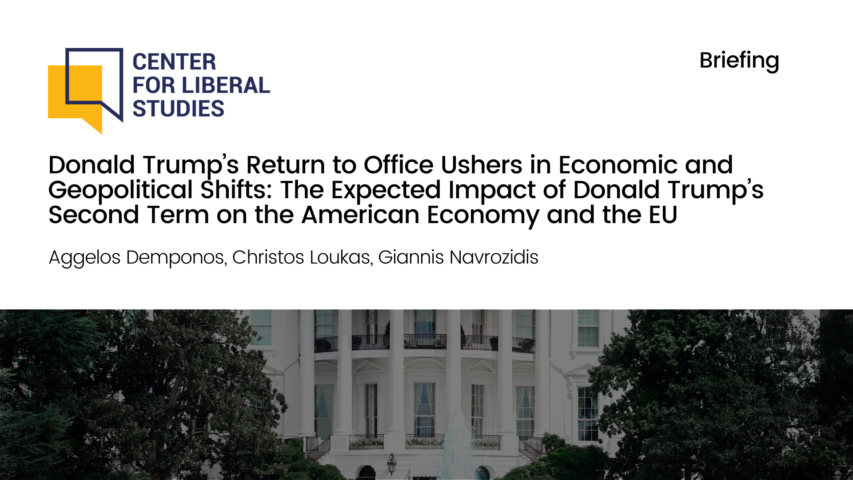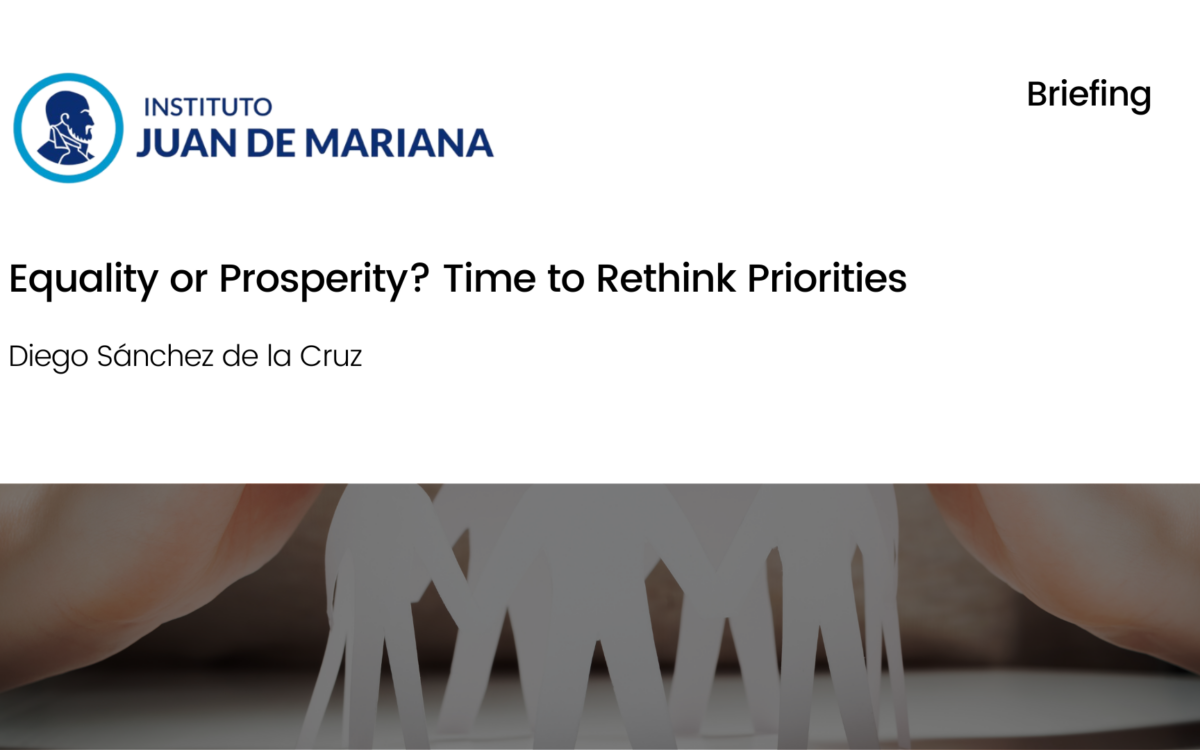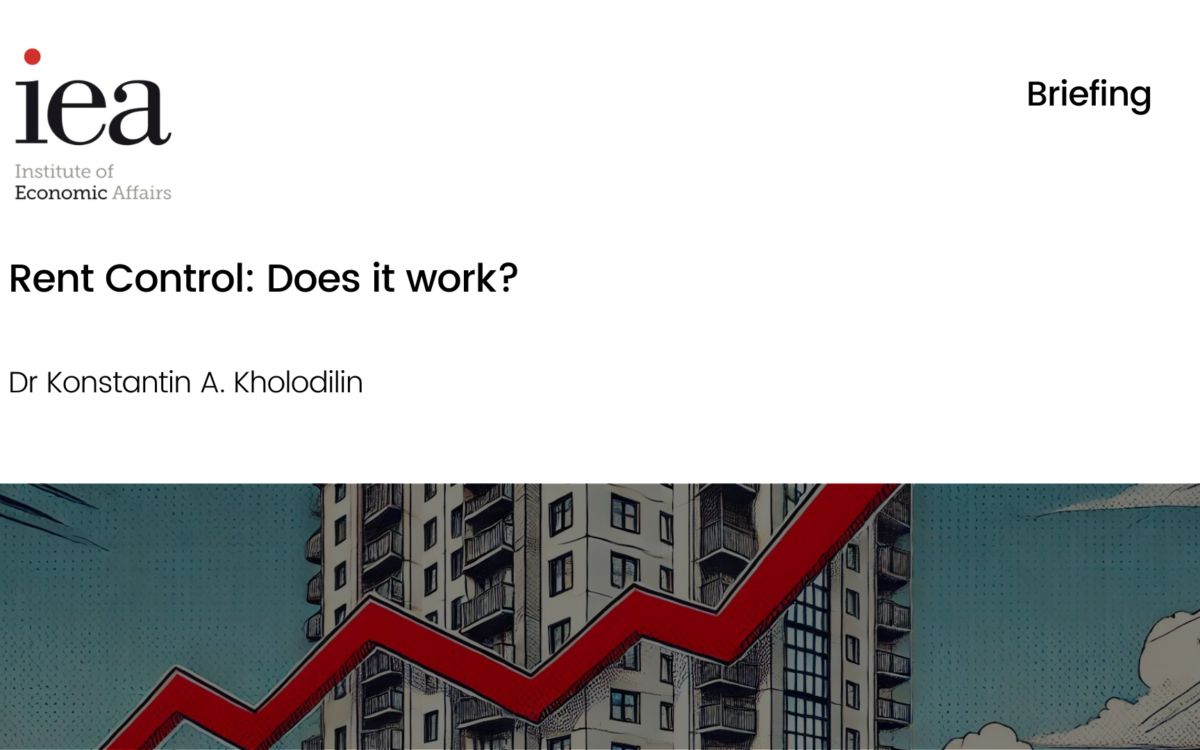Donald Trump’s Return to Office Ushers in Economic and Geopolitical Shifts: The Expected Impact of Donald Trump’s Second Term on the American Economy and the EU

Donald Trump’s Return to Office Ushers in Economic and Geopolitical Shifts: The Expected Impact of Donald Trump’s Second Term on the American Economy and the EU
Aggelos Demponos, Christos Loukas, Giannis Navrozidis // 2 April 2025
As Donald Trump returns to office, the US and global economic landscape are set for significant shifts. His administration’s approach to trade, taxation, and deregulation is expected to reshape markets, potentially benefiting domestic industries while increasing uncertainty for global supply chains. However, these policies may also contribute to inflationary pressures and financial market volatility.
At the same time, Trump’s foreign policy stance signals geopolitical realignments. His emphasis on economic nationalism and strategic disengagement from multilateral institutions could strain alliances and create new geopolitical flashpoints. Key concerns include US-China tensions, NATO commitments, and energy security.
However, these changes are inevitable, as Trump’s policy agenda seeks to strengthen US economic resilience and assert a more unilateral foreign strategy. The challenge lies in balancing economic growth with global stability.
Against this backdrop, policymakers must consider the trade-offs between protectionism and open markets to mitigate potential disruptions.
The main conclusions of the report are:
- Trump’s return is likely to result in a shift towards economic nationalism, impacting global trade and investment.
- His policies may stimulate domestic growth but could also heighten inflation and market volatility.
- Geopolitical tensions, especially with China and NATO allies, are expected to escalate.
- Policymakers should weigh the benefits of deregulation against risks to financial stability.
- A pragmatic approach is needed to navigate the evolving economic and geopolitical landscape.
Download or share this publication
View the PDF
EPICENTER publications and contributions from our member think tanks are designed to promote the discussion of economic issues and the role of markets in solving economic and social problems. As with all EPICENTER publications, the views expressed here are those of the author and not EPICENTER or its member think tanks (which have no corporate view).



